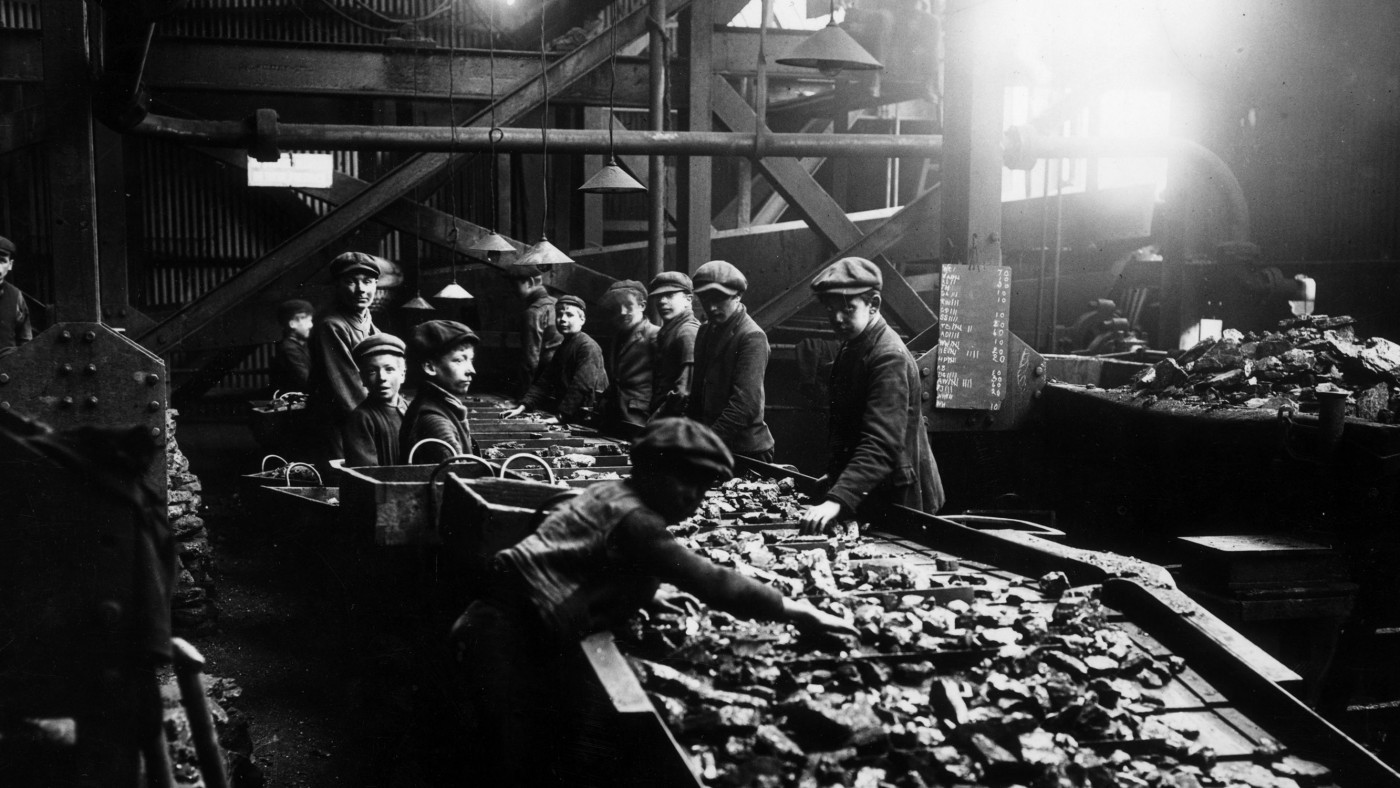I grew up in Derbyshire. Like 60,000 others, both my father and my grandfather worked in the mines. There were once over fifty collieries in Derbyshire alone, they underpinned the local economy, and were at the heart of the community. But I cannot be too saddened about the end of deep coal pit mining in Britain, which was marked by the closure of the Kellingley Colliery on Friday 18th December.
The loss of 450 jobs is never good news, but we should not be sad about the demise of coal mining in general. Sentimental, sure. Nostalgic, of course. But why should we be sad? This is an industry which has directly and indirectly killed thousands of workers, and injured so many more. In 2011, the Guardian concluded that “mining is still the most dangerous profession in the country.” Between 2009/10 and 2013/14 an average of five miners lost their lives every year, and miners were more than twice as likely to die at work than those in the next most deadly profession. It is a much safer industry than it once was, but just four years ago a miner was killed at Kellingley when a roof collapsed 800 metres underground. I never met my grandfather as he died of lung cancer in his early 50s, but I know he would be delighted that I don’t have to face that prospect on a daily basis.
Coal mining has been a defining part of Britain’s past. There’s evidence of mining dating back to the Romans and it was recorded in the Doomsday book. More recently, it hauled us into the industrial age in the nineteenth century and created wealth (and conflict) in the twentieth. This lifespan is typical. As they say, the only thing which is permanent is change. Heading back to Derbyshire, consider the fate of our local football team. In 1997, Derby County moved to Pride Park after having called the Baseball Ground home for 102 years. They had recently been promoted and, although nostalgic about the old stadium, fans knew they needed a new, bigger, modern home to help the club grow.
Economies are no different. Despite interventions from governments and protests from entrenched industries, they move with the times. It is right to recognise the closure of Kellingley as the end of an era. But we should not lament it, or brand it a “disgrace”, as Labour’s Dennis Skinner, himself an MP for a coal-mining community, did. In fact, it is a phenomenal achievement that Britain no longer needs to send people hundreds of metres underground and expose them to some of the harshest and most dangerous working conditions in the western world. This month the IoD criticised Sports Direct for allegedly harassing its staff members. Quite rightly, politicians, the media, the public and businesses chastise such behaviour. Compare that to the daily conditions miners put up with a kilometre underground which rarely made the headlines, and it shows how rapid industrial progress has been over the last few decades.
Britain has a proud history of leading and shaping that progress – as an open, forward-thinking economy, characterised not by a particular industry, but by innovation and change. Just as we led the industrial revolution, we are now leading the technological, digital and entrepreneurial one. The internet will account for 12.4% of our economy next year. In our closest rivals, South Korea, it will make-up about 8% – the same place we were at six years ago. One in four retail transactions take place online and there are more than 1,500 companies being started each and every day. This is an exciting time for British industry. Just because that industry is no longer heavy and does not require quite so many men to break their backs for 40+ hours a week is no reason to be sad.
As we look to this dynamic and entrepreneurial future, it is important to channel that nostalgia into something productive and give proper consideration to what part former mining communities – and miners – are going to play. Too few people, in any industry, have the chance to learn new skills while settled in a career. My father was one of those who did, and it is encouraging that today’s employers and educators understand the importance of lifelong learning so people can pick up new skills and be prepared for the next big economic transformation, whatever that may be and whenever it may occur.
On the community side, interestingly, tech companies have already adopted some of the best aspects of what working in the mines used to be like, with employees made to feel like part of the family, and businesses taking a big interest in the happiness, welfare and livelihoods of their staff. This shows that although the deepest mines may have closed, the influence they have on the economy remains.
Mining communities are not going to transform overnight. But in industries close to home, there are lots of opportunities. Shale gas, for instance, has huge potential to boost manufacturing in the north of England and could support 74,000 new jobs. It’s vital that Britain seizes as many of these chances which come our way.
The coal mines have gone, but there is a difference between being nostalgic and being sad. Britain has been one of the most successful countries in the world at adapting to transformations and seizing opportunities. The grip the digital revolution has on our economy right now shows that Britain’s appetite for change isn’t going to, well, change, any time soon.


